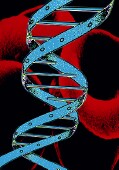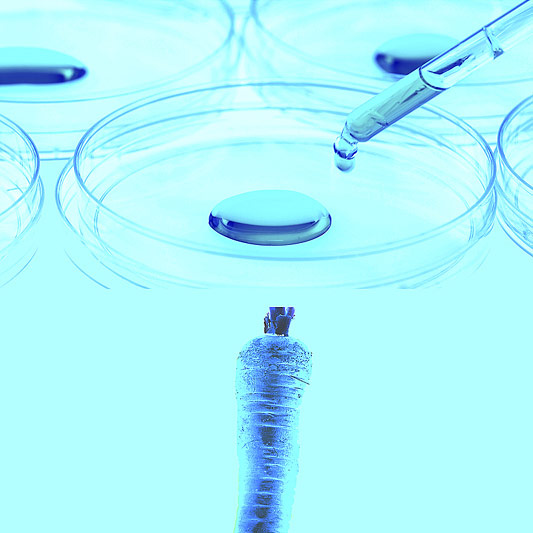
WEDNESDAY, Nov. 7 (HealthDay News) — Scientists have discovered a new gene, known as Atpif1, that enables the body to make hemoglobin — the protein in red blood cells that is responsible for transporting oxygen in the blood.
In their study, researchers from Brigham and Women’s Hospital in Boston revealed that loss of this critical blood cell gene seems to result in severe anemia or a lower than normal number of red blood cells or levels of hemoglobin. They said that the findings provide new insight into anemia and could lead to the development of improved treatments for the condition.
Using zebrafish, the researchers cloned the Atpif1 gene, which regulates the production of hemoglobin during the formation of red blood cells. They found the loss of this gene results in severe anemia.
After examining data on the human form of Atpif1, first study author Dhvanit Shah, of the hospital’s division of hematology, and colleagues said the gene is essential for normal red blood cell differentiation. Any deficiency in this gene, they added, might play a role in certain human diseases.
Older people and women of childbearing age are at greater risk for anemia. Babies and children also are at risk for the condition due to iron deficiency from their diet or lead poisoning, the researchers said.
The study was published in the Nov. 7 online edition of the journal Nature.
More information
The U.S. National Library of Medicine has more about anemia.

